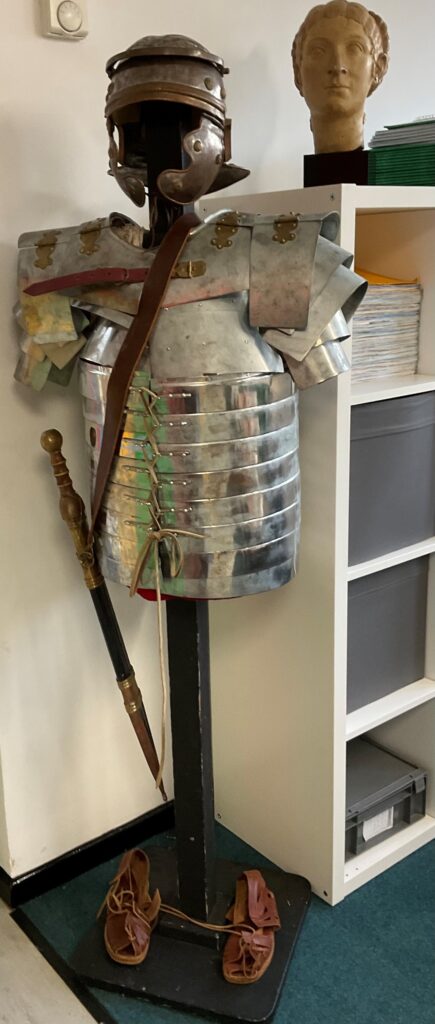Introduction and subject definition:
History at Christ Church aims to provide pupils with a strong and inquisitive understanding of the past, to stimulate children’s interest and understanding about the life of people in the past through exciting, creative and stimulating practical activities which instil a natural curiosity in children to want to learn about, and question, the world around them. As such, history should help children to understand and question Britain’s past and the wider world. History aids the development of wider skills – asking perceptive questions, thinking critically, weighing evidence, sifting arguments, and developing perspective and judgement.
Intent:
History at Christ Church allows its pupils to challenge progressive themes: diversity, equality, changing attitudes to women, invasion, settlement and education which have been specifically chosen in order to be engaging and relevant to our pupils in the modern world. Our topics are carefully planned to build on the expectations of the National Curriculum, providing learning opportunities that are meaningful to pupils and relevant to pupils living in the local area.
Together
Our curriculum aims to:
- Help children gain a coherent, chronological knowledge and understanding of Britain’s past and that of the wider world
- Inspire children’s curiosity to want to know more about the past and develop a lifelong love and interest for history
- Broaden children’s understanding of the history of the world around them, developing objective learners who can develop their own ideas and opinions through robust use of evidence and sources
- Enable all children to access the history curriculum through an inclusive and diverse programme
Learn
Our curriculum aims to:
- Develop children’s understanding of how people’s lives have shaped this nation and how Britain has influenced and been influenced by the wider world;
- Enable children to know and understand significant aspects of the history of the wider world: the nature of ancient civilisations; the expansion and dissolution of empires; characteristic features of past non-European societies, and the achievements and follies of mankind
- Equip children to ask perceptive questions, think critically, weigh evidence, sift arguments, and develop perspective and judgement through an enquiry led approach.
- Understand the methods of historical enquiry, including how evidence is used carefully to make historical claims through the use of hands on artefacts and primary and secondary sources.
- Provide children with the necessary historical vocabulary to be articulate and to effectively express their thoughts, ideas and opinions about what they learn, through written and spoken language;
- Determine how and why contrasting arguments and interpretations of the past have been constructed, and develop their own ideas and understanding based on the evidence available to them.
Grow
Our curriculum aims to:
- Develop children’s own identity within the world through the exploration of different societies and relationships between different groups, and the challenges they faced over time.
- Help children to understand the complexity of people’s lives, the process of change, the diversity of societies and relationships between different groups, as well as their own identity and the challenges of their time.
- Explore and celebrate cultural and spiritual differences in an ever-changing world and how these have evolved over time.
- Children develop their own historical understanding which can eventually lead their own line of enquiry in order to further develop their own ideas and their own historical identity.
Flourish
Our curriculum aims to:
- Strengthen children’s connection to their local area, and the abundance of relevant historical and cultural links it provides such as the local museum and the Saxon church.
- Forge a wealth of enriching and fulfilling experiences that enhance learning through trips, museum visits, hands on resources and visitors from outside of school.
For more information, please see the history policy below
